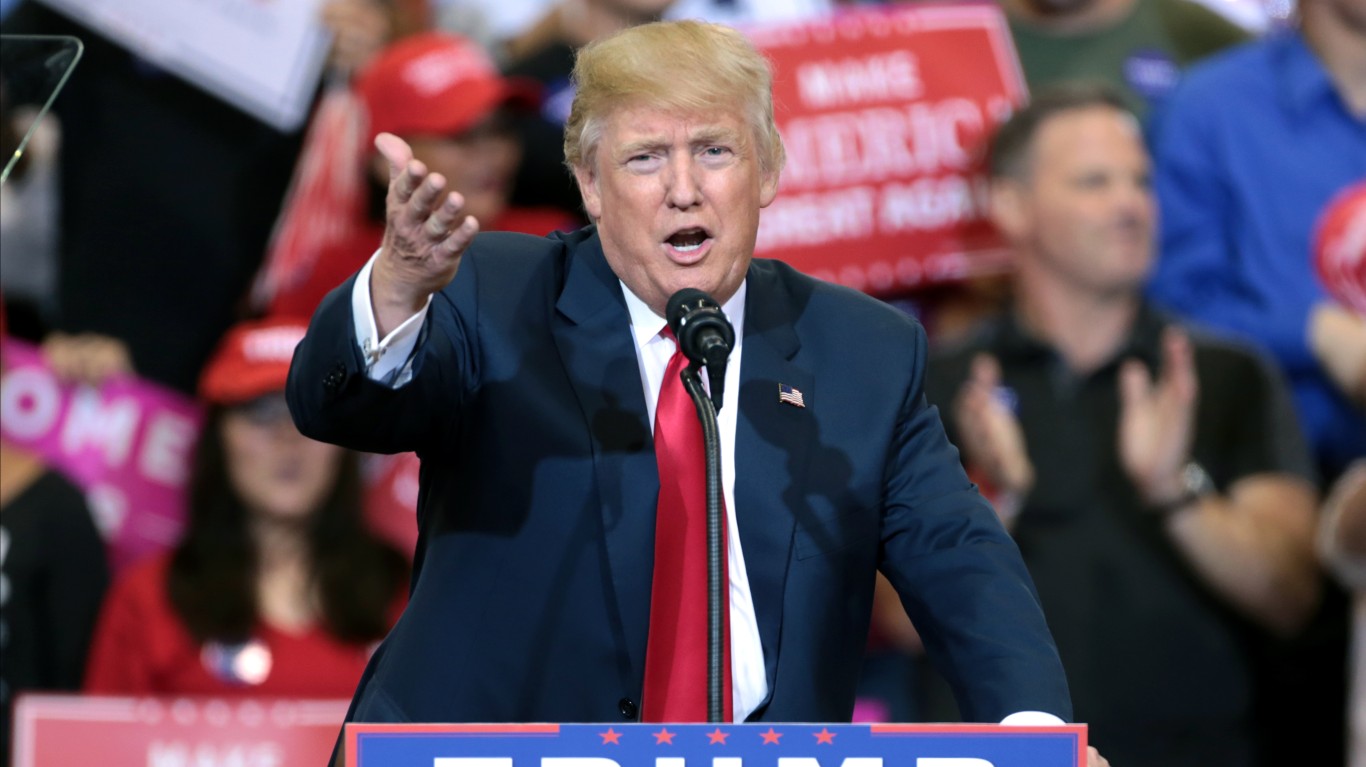
"Republicans in the U.S. House have aimed to establish a 'crypto week,' but initial efforts are hindered by disagreements on key regulatory issues such as mining incentives and stablecoin regulation."
"Despite aspirations for a pro-crypto agenda, diverse opinions among House members regarding environmental impact, consumer protection, and decentralization indicate that regulatory progress is unlikely to advance smoothly."
"The Republican Party, established in 1854 initially as an anti-slavery organization, has seen numerous leaders emerge over the years, including both former presidents and popular state governors such as Donald Trump and Mike Huckabee."
"To identify the most popular Republicans, 24/7 Tempo referenced rankings from YouGov, surveying a variety of individuals to compile a list of prominent party members."
Republicans in the U.S. House of Representatives dedicated a week to focus on cryptocurrency, referred to as 'crypto week.' This initiative began with challenges as the party contended with internal disagreements regarding topics such as mining incentives and stablecoin regulation. Tensions surrounding consumer protection, environmental impact, and decentralization complicated their efforts, suggesting that significant regulatory advancements could be stalled. Additionally, the piece mentions the historical context of the Republican Party since its formation in 1854 as an anti-slavery party and highlights popular figures from the party today, referencing rankings based on public polling.
#republican-party #crypto-regulation #internal-disagreements #historical-context #popular-politicians
Read at 24/7 Wall St.
Unable to calculate read time
Collection
[
|
...
]